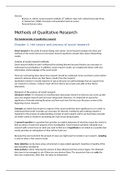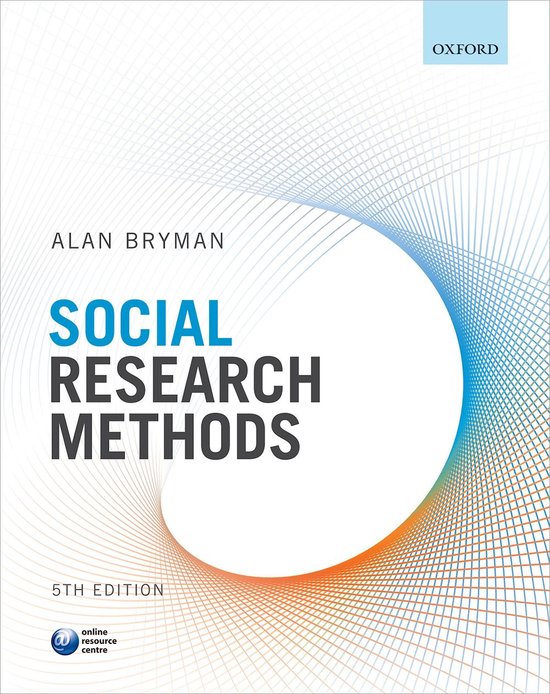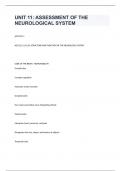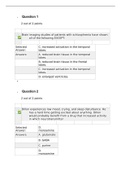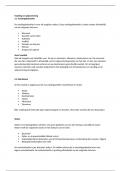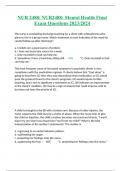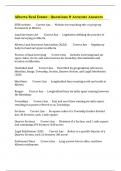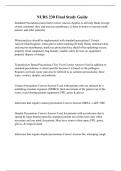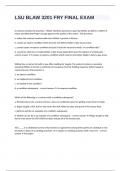Samenvatting
Extensive summary Methods of Qualitative Research (BA 2, Term 3)
- Vak
- Instelling
- Boek
An extensive summary of Methods of Qualitative Research for International Bachelor Arts and Culture Studies and Algemene Cultuurwetenschappen. Erasmus University/Erasmus Universiteit Rotterdam. Includes notes on Bryman, A. (2016). Social research methods (5th edition). New York: Oxford University P...
[Meer zien]
